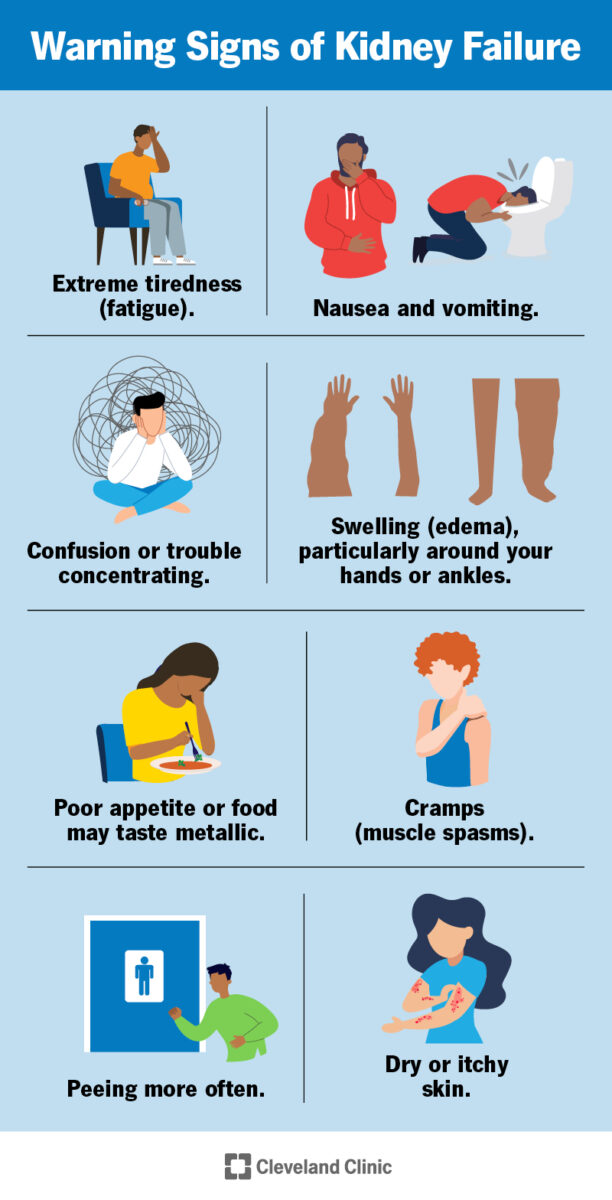
Prof. Fatai Fehintola, Consultant Physician at College of Medicine, University of Ibadan (UI), has urged Nigerians to maintain healthy kidney by constantly taking water and fluid, especially during hot weather.
Fehintola gave the advice in an interview with the News Agency of Nigeria (NAN) recently in Ibadan, Oyo state.
He explained that inadequate water in the body could cause dehydration, as people would easily be tired and sometimes might feel a bit uncomfortable and irritable.
The consultant physician suggested the intake of a cup of water, 200 to 250 mills at an hour, and two hours intervals, depending on how an individual feels and the environment he/she lives in.
He said hot weather could affect proper functioning of the body, as people lose lots of water and some salt in such weather circumstances.
According to him, when water is not enough, the body cells begin to malfunction, while the organs also do extra work to ensure proper amount of water in the body.
Fehintola emphasised that lots of water could be lost due to heat and sweating, as the kidney which filtered waste from the body continues to regulate the amount of water in the body.
He said, “most people will observe that their urine looks concentrated, close to brown, beyond the usual colour, this is because the kidneys are trying to conserve the remaining water in the body.
“People might be passing urine less frequently, so to help the normal body functions, one should ensure to replace the water being lost due to heat.
“Also, taking some fruits that have elements of water such as watermelon, orange, can help,” he said.
Another Consultant Physician at UI and UCH, Ibadan, Dr Yemi Raji, said that excessive heat has affected global temperature and depleted the ozone layer, with consequences on people’s health.
The consultant physician said one of the main problems that might be associated with excessive heat is heat stroke, where the individual becomes dehydrated and tired.
He emphasised that the situation is common among the elderly.
Raji, also a Nephrologist, explained that the situation, if not well taken care of, could lead to shutting down of body organs, one of which is the kidney.
He said “if the kidney lacks water, it can shut down and if nothing is done on time, it can lead to kidney failure.
“Heat stroke can also affect various metabolic processes in the body.”
For the prevention of heat stroke, the nephrologist advised that people should always stay indoors, except when necessary for them to go out.
He suggested an appropriate cooling system when indoors, emphasising that “people must take a lot of water so that their organs, particularly the kidney, will be hydrated to reduce risk of kidney failure.
“The dusty, heat weather has a lot of impact on people’s health, especially the allergic ones, so people who have asthma may experience
more attack.
“People should use their face masks to prevent dust and viral infections when going out,” he said.
——All You Need To Know About The Kidney—–
The kidneys are two bean-shaped organs, each about the size of a fist. They are located just below the rib cage, one on each side of your spine. Healthy kidneys filter about a half cup of blood every minute, removing wastes and extra water to make urine.
Healthy kidneys filter about a half cup of blood every minute, removing wastes and extra water to make urine.
The urine flows from the kidneys to the bladder through two thin tubes of muscle called ureters, one on each side of your bladder. Your bladder stores urine. Your kidneys, ureters, and bladder are part of your urinary tract.
Why are the kidneys important?
Your kidneys remove wastes and extra fluid from your body. Your kidneys also remove acid that is produced by the cells of your body and maintain a healthy balance of water, salts, and minerals—such as sodium, calcium, phosphorus, and potassium—in your blood.
Without this balance, nerves, muscles, and other tissues in your body may not work normally.
Your kidneys also make hormones that help:
· control your blood pressure
· make red blood cells
· keep your bones strong and healthy
How do my kidneys work?
Each of your kidneys is made up of about a million filtering units called nephrons. Each nephron includes a filter, called the glomerulus, and a tubule. The nephrons work through a two-step process: the glomerulus filters your blood, and the tubule returns needed substances to your blood and removes wastes.
What Is Kidney Disease?
Kidney disease can affect your body’s ability to clean your blood, filter extra water out of your blood, and help control your blood pressure. It can also affect red blood cell production and vitamin D metabolism needed for bone health.
You’re born with two kidneys. They’re on either side of your spine, just above your waist.
When your kidneys are damaged, waste products and fluid can build up in your body. That can cause swelling in your ankles, nausea, weakness, poor sleep, and shortness of breath. Without treatment, the damage can get worse and your kidneys may eventually stop working. That’s serious, and it can be life-threatening.














